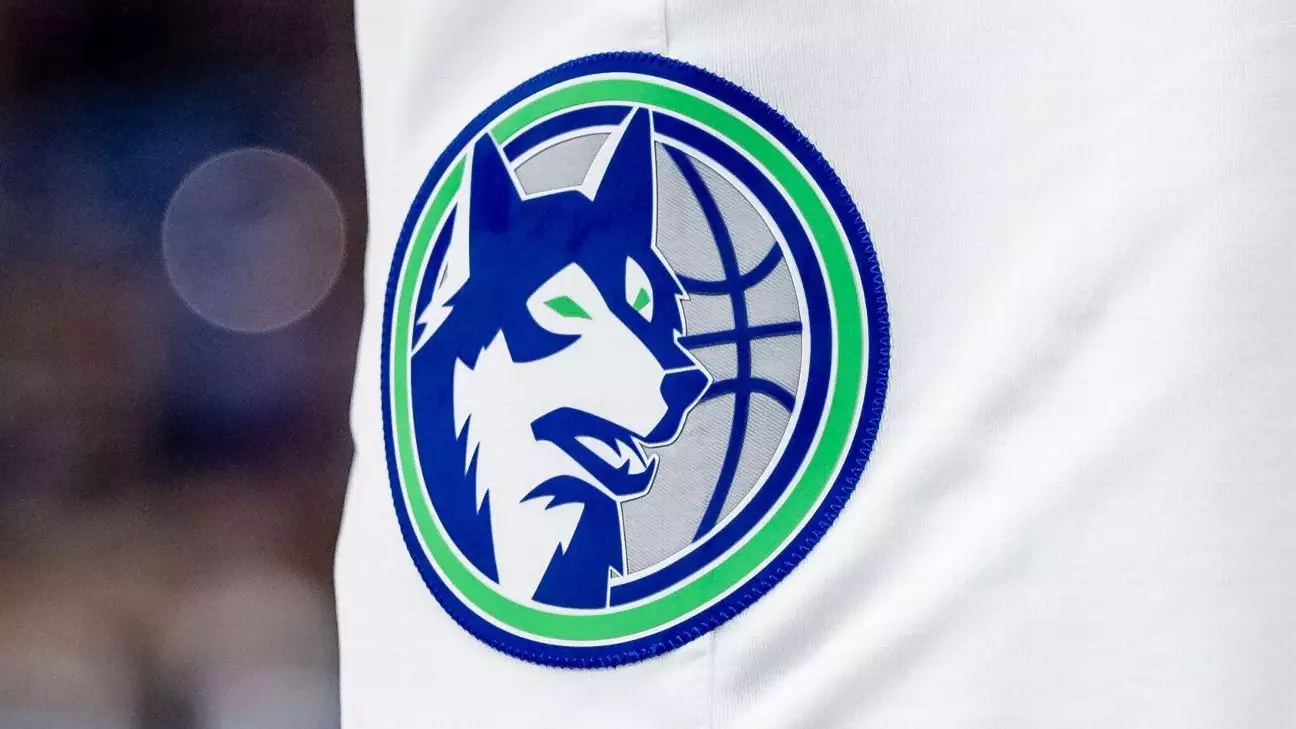The recent arbitration ruling favoring Marc Lore and Alex Rodriguez in their pursuit to acquire a majority stake in the Minnesota Timberwolves and Lynx has sent ripples through the world of professional basketball. This decision, which allowed Lore and Rodriguez to advance their aspiration of ownership against current owner Glen Taylor, sets the stage for a monumental confrontation amongst NBA owners that could redefine the team’s trajectory.
The crux of this dispute lies in a contractual disagreement that emerged from a multi-step agreement inked in 2021, valued at a staggering $1.5 billion. The arbitration panel ruled that Taylor had indeed violated the stipulations laid out in the sales contract when he declared last March that Lore and Rodriguez had missed a critical deadline concerning a $600 million payment, which was pivotal for acquiring 80% control of the franchises. This ruling not only vindicated the prospective owners but also raised serious questions about Taylor’s interpretation of contractual obligations. The arbitration, which took place over an intensive week in November, highlighted the complexities involved in ownership transfers and the legal intricacies that can ensue.
Lore and Rodriguez have already claimed about 36% of the franchises through earlier transactions for over $500 million, further establishing their commitment to the teams. Their argument revolved around the belief that they deserved a 90-day extension to make the required payment—an assertion the arbitration panel ultimately upheld.
With the arbitration ruling behind them, Lore and Rodriguez now turn their focus to gaining the endorsement of fellow NBA owners. For any sale to materialize, at least 23 of the 30 current owners must provide their stamp of approval. This process, while typically a formality, becomes complicated when the incumbent owner opposes the sale. Knowing they were facing potential resistance from Taylor, who has been the face of the franchise since 1994, Lore and Rodriguez have proactively engaged with a plethora of team owners, building alliances and securing necessary endorsements in preparation for the inevitable vote.
Simultaneously, Taylor’s established rapport with NBA commissioner Adam Silver and his historical role as a past chairman of the board offer him a formidable position as he evaluates his next steps. While Lore and Rodriguez are optimistic about the support they are receiving, the stakes could not be higher, and the dynamics of this impending owner’s vote adds a layer of unpredictability to the ownership transition.
An intriguing aspect of this story is the shifting valuation of NBA franchises in recent years. The agreed-upon price of $1.5 billion from 2021 is now considered undervalued compared to recent sales of franchises, which have skyrocketed. The market has witnessed several notable transactions—earlier this year, the Phoenix Suns changed hands for $4 billion, and the Dallas Mavericks followed suit at $3.5 billion. Such rapid appreciation in franchise values raises questions about what it will mean for Lore and Rodriguez should they succeed in purchasing the Timberwolves and Lynx.
The addition of prominent figures such as former New York City Mayor Michael Bloomberg and ex-Google CEO Eric Schmidt to their partnership only reinforces their financial backing and intent to elevate the franchises. Lore and Rodriguez have reported establishing escrow funds amounting to $950 million, signaling readiness to finalize the deal and usher in a new era of leadership and ambition in Minnesota sports.
Despite the arbitration ruling that sets a clear path for Lore and Rodriguez, Glen Taylor’s response indicates that he remains non-committal regarding the future of the sale. His ambiguous statement following the ruling reflects a possible unwillingness to cede control without a fight. Taylor’s past of fluctuating intentions regarding the team’s sale only adds to the uncertainty surrounding the actual ownership transfer—having previously withdrawn the team from the market only a year ago amidst claims of improved performance and personal satisfaction.
His love for the franchise and belief in its potential offers a poignant narrative in the back-and-forth of ownership disputes. Whether Taylor will ultimately back down or double down could determine the fate of the franchise and significantly impact Minnesota’s sports landscape.
The future of the Minnesota Timberwolves hinges on the outcomes of various intersecting factors. The arbitration decision may have tilted the scales in favor of Lore and Rodriguez, yet the final veto lies with the board of governors. As they navigate through both legalities and strategic partnerships, all eyes will remain fixed on how this saga unfolds, knowing it could herald a new chapter in the storied history of Minnesota basketball. The intersection of ambition, finance, and sportsmanship is poised to play a critical role in deciding not only the fate of the Timberwolves and Lynx but potentially reshape the ownership landscape within the NBA.

